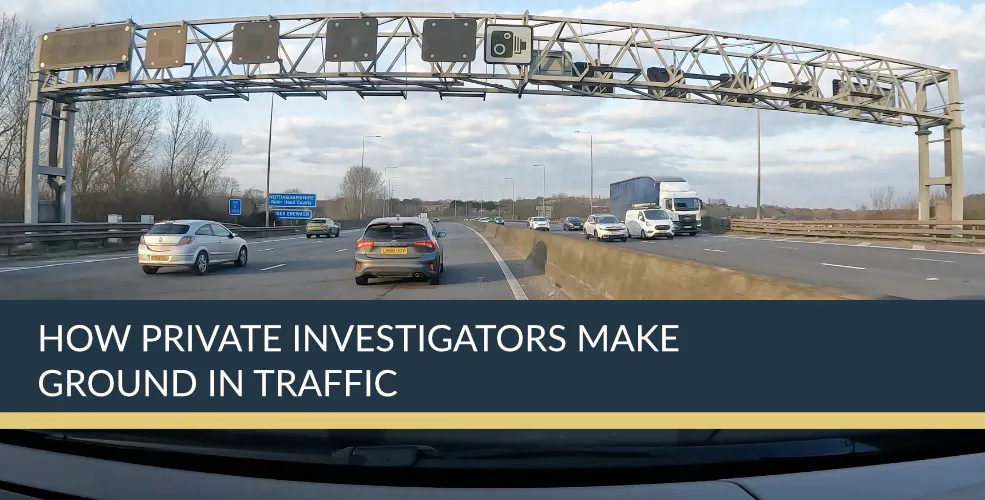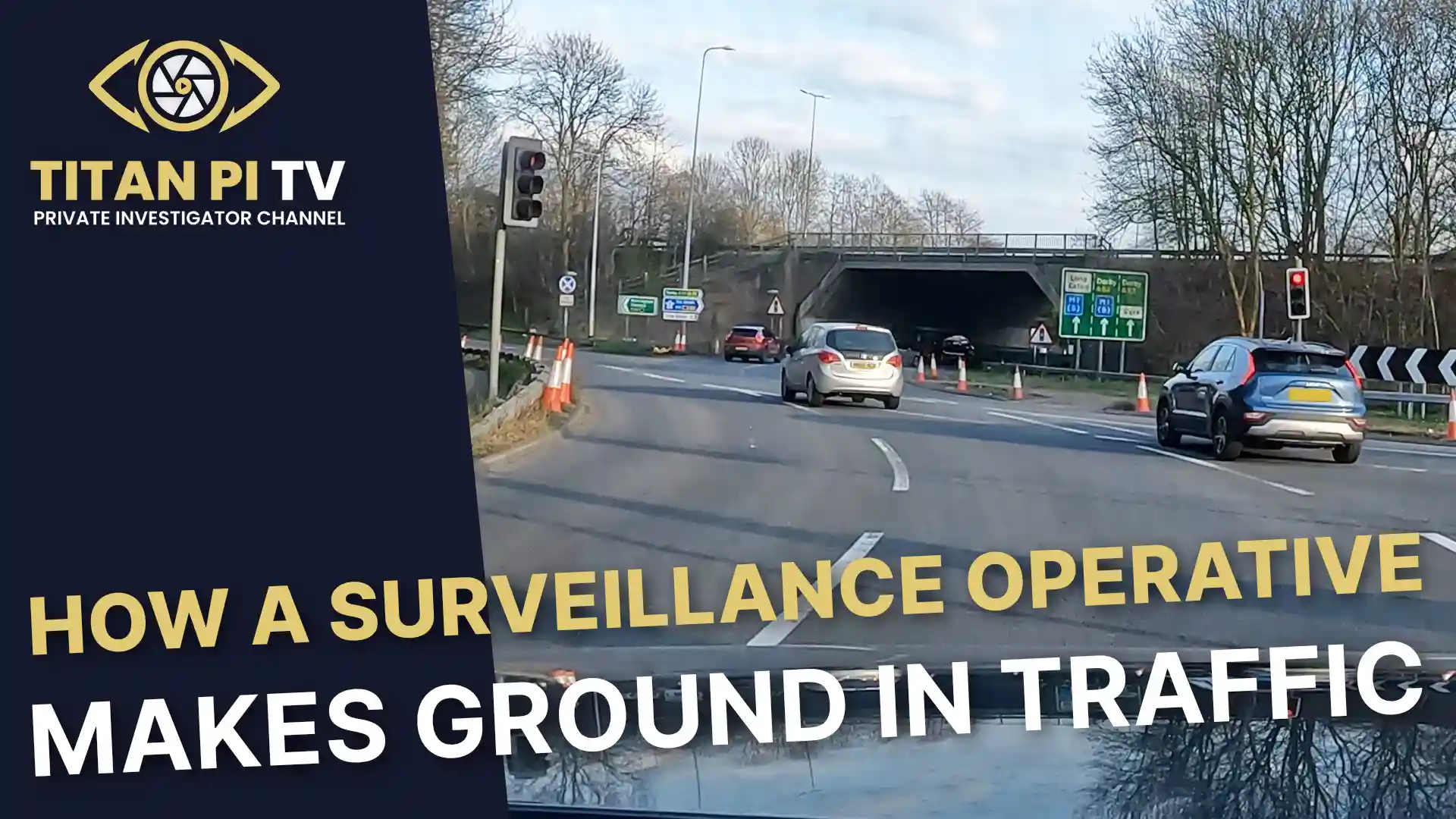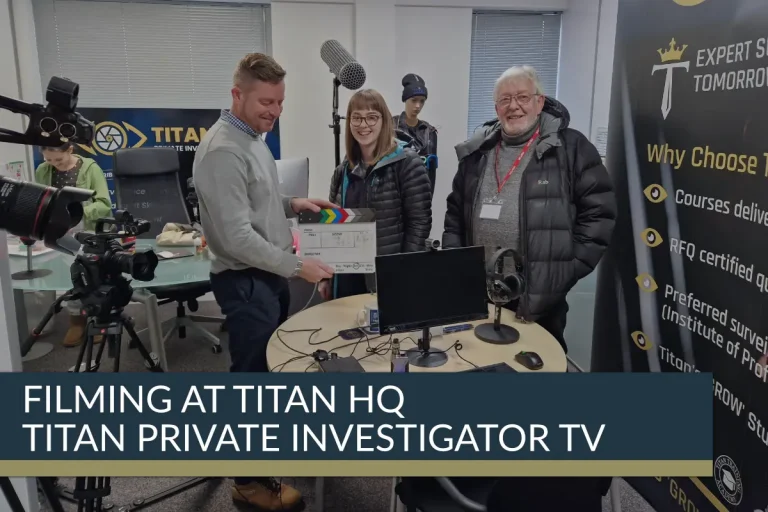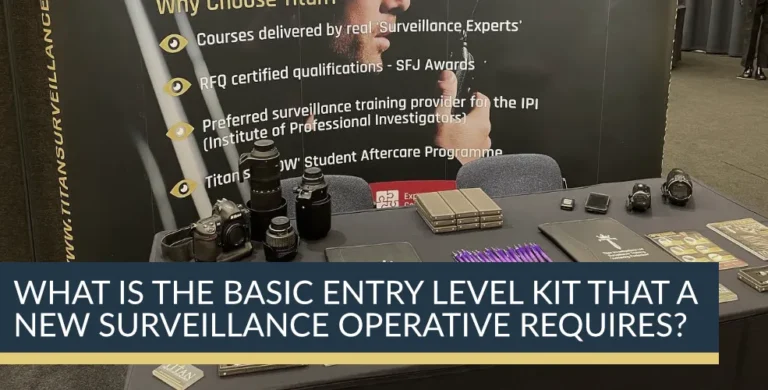How Private Investigators Make Ground in Traffic
Are you fascinated by the world of private investigation? Do you ever wonder how surveillance operatives maintain a visual on their subjects in the chaos of traffic? It’s a high-stakes game of strategy, risk assessment, and skilful driving. This article delves into the techniques used by professional private investigators to make ground in traffic, ensuring they never lose sight of their target.
Forget the Hollywood stereotypes of high-speed chases and reckless manoeuvres; the reality is a calculated mix of precision driving, legal compliance, and psychological insight. From the critical risk-versus-gain equation to the controversial “quartering” technique, we’ll uncover the secrets of how surveillance operatives navigate challenging traffic scenarios. Get ready for an insider’s look into the art and science of professional surveillance.
The Risk vs. Gain Equation: Balancing Safety and Success
Every decision a private investigator makes on the road is guided by the risk-versus-gain equation. This principle ensures that operatives weigh the potential risks of their actions against the benefits of maintaining surveillance. Nowhere is this more critical than when faced with the temptation to break traffic laws, such as jumping a red light.
The Golden Rule: No Red Light Jumping
Contrary to what you might see in films, private investigators are not above the law. Jumping red lights is strictly prohibited, and for good reason. The risks far outweigh the potential gains.
Imagine the consequences: triggering a red-light camera, being spotted by a police officer, or worse, causing an accident. Any of these scenarios could not only compromise the operation but also lead to legal repercussions for the investigator. Moreover, such actions could draw unwanted attention from the subject, effectively ending the surveillance.
Beyond Legal Risks: Operational Compromise
The risks of breaking traffic laws extend beyond legal consequences. For instance, jumping a red light could lead to a collision, exposing the investigator’s identity and jeopardising the entire operation. Even if no accident occurs, the sudden and erratic behaviour might alert the subject or other road users, making it harder to maintain a low profile.
Professional private investigators understand that discretion is key. It’s better to lose sight of the subject temporarily than to risk compromising the operation entirely.
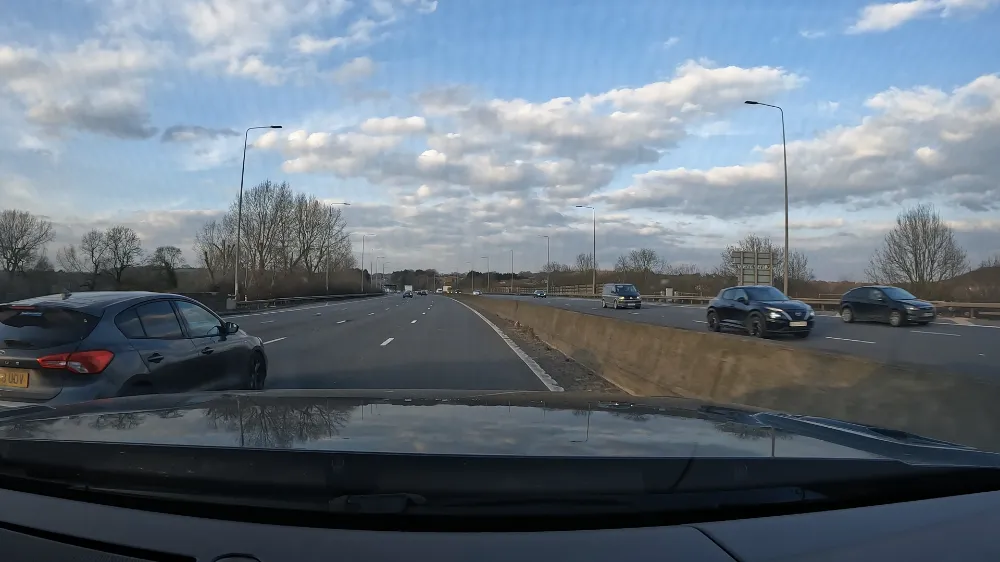
Mastering Ground: Techniques for Everyday Traffic
Navigating everyday traffic is one of the most challenging aspects of surveillance driving. From congested city streets to slow-moving motorways, private investigators must employ a range of techniques to maintain visual contact with their subject.
Tailgating: A Risky Gamble
One common but risky tactic is tailgating the vehicle in front. While it might seem like an effective way to stay close to the subject, tailgating significantly reduces the driver’s view of the road ahead. This increases the likelihood of a collision if the car in front brakes suddenly.
Additionally, tailgating can draw unwanted attention from the subject or other drivers, potentially exposing the investigator’s presence. For these reasons, professional operatives avoid this tactic unless absolutely necessary.
Signalling Intent: A Subtle Approach
A more subtle and effective technique involves using turn signals to communicate intentions. For example, activating the offside indicator can signal to the car in front that the investigator wishes to overtake. This non-aggressive approach helps maintain a low profile while navigating through traffic.
The “Quartering” Technique: An Aggressive but Effective Tactic
One of the more controversial techniques in surveillance driving is “quartering.” This manoeuvre is used to encourage lane-hogging drivers to move over on a dual carriageway, allowing the investigator to make ground. While effective, it requires precision and a deep understanding of driver psychology.
How Quartering Works
The quartering technique involves creating a large gap between the investigator’s vehicle and the car in front. The investigator then accelerates rapidly to close the gap, positioning their car towards the centre line of the lane. Just before reaching the other vehicle, they brake sharply and manoeuvre to the offside of the lane. This sudden movement often startles the driver in front, prompting them to move over.
The Psychology Behind Quartering
Quartering works because it plays on the natural instincts of drivers. The rapid movement of the investigator’s vehicle in the rear-view mirror creates a sense of urgency or panic, leading the driver to change lanes. However, this technique must be executed with extreme caution to avoid accidents or misinterpretations.
Ethical Considerations and Risks
While quartering can be effective, it is not without its risks. Poor execution could lead to collisions or cause other drivers to overreact. Additionally, the aggressive nature of the manoeuvre raises ethical questions about its use in professional surveillance. Private investigators must carefully assess the situation before resorting to such tactics, ensuring that the benefits outweigh the potential dangers.
Real-World Scenarios: Quartering in Action
To better understand the practical application of quartering, let’s explore two real-world scenarios:
- Dual Carriageway Congestion
In this scenario, the investigator is stuck behind a slow-moving vehicle on a dual carriageway, with the subject’s car further ahead. By performing the quartering manoeuvre, the investigator successfully encourages the vehicle in front to move over, allowing them to regain visual contact with the subject. - Regaining Visual Contact
In another instance, the subject’s vehicle gains significant distance due to heavy traffic. The investigator encounters a slow-moving car blocking their path. Using the quartering technique, they create an opportunity to overtake the vehicle and close the gap with the subject.
Alternative Surveillance Methods: Beyond Driving Tactics
While driving techniques are essential, they are not always sufficient to maintain effective surveillance. In many cases, private investigators rely on technology and alternative methods to track their subjects.
Leveraging Technology
GPS trackers are a valuable tool in modern surveillance. By attaching a tracker to the subject’s vehicle, investigators can monitor their movements remotely, reducing the need for close physical proximity. Communication devices also play a crucial role, enabling team members to coordinate their efforts and share real-time updates.
Walking Surveillance
In urban areas or crowded locations, following a subject on foot may be more practical than using a vehicle. Walking surveillance requires a different set of skills, including the ability to blend into the environment and maintain a low profile.
The Art and Science of Surveillance Driving
Surveillance driving is a complex discipline that combines skill, strategy, and ethical considerations. From mastering the risk-versus-gain equation to employing advanced techniques like quartering, private investigators must navigate a range of challenges to maintain effective surveillance.
Ultimately, the goal is to gather information responsibly and safely, without compromising the operation or endangering others. By adhering to legal and ethical standards, professional private investigators ensure that their work remains both effective and trustworthy.
For further advice and information in regard to private investigation services, please feel free to speak to one of our case handlers and advisers in complete confidence by email, telephone or at one of our offices nearest to you.
London Private Investigators – Call Titan Investigations London Office 020 39046622
Birmingham Private Investigators – Call Titan Investigations Birmingham Office 0121 7162442
Cambridge Private Investigators – Call Titan Investigations Cambridge Office 01223 662022
Derby Private Investigators – Call Titan Investigations Derby (Head Office) 01332 504256
Leeds Private Investigators – Call Titan Investigations Leeds Office 0113 4574066
Leicester Private Investigators – Call Titan Investigations Leicester Office 0116 2436520
Nottingham Private Investigators – Call Titan Investigations Nottingham Office 0115 9646950
Manchester Private Investigators – Call Titan Investigations Office 0161 3023008
Sheffield Private Investigators – Call Titan Investigations Sheffield Office 0114 3499400
Truro Private Investigators – Call Titan Investigations Truro Office 01872 888706
Alternatively, you can contact us directly using our fully confidential contact form at enquiries@titaninvestigations.co.uk or chat directly using our Live Chat facility, and one of our private investigation team will get right back to you.

